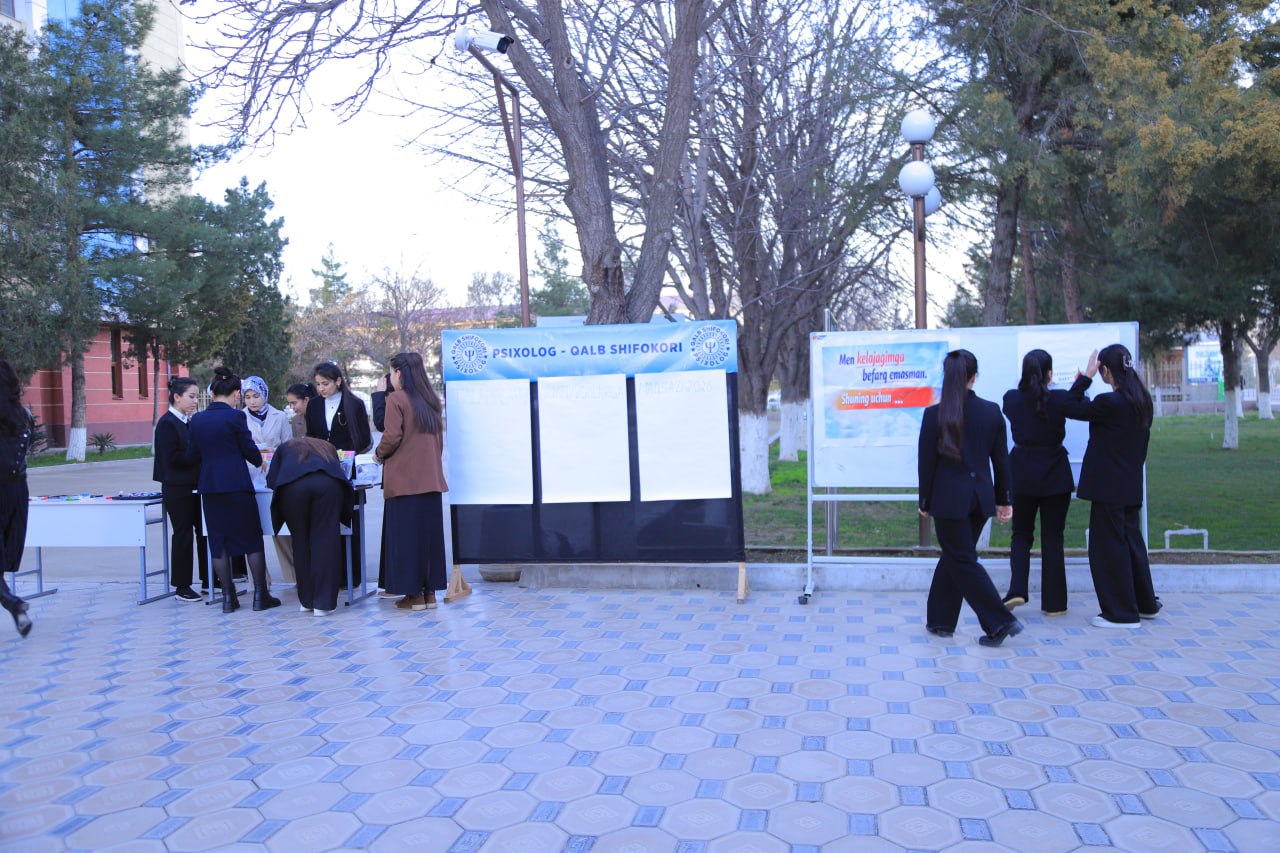Scientific articles
- All
- Eco-active students
- Career Center
- Step into the Future
- Anti-corruption
- Neighborhood and university
- It's a dream come true for teachers
Scientific articles
|
02/06/2023
Print
(O`zbek) CENTRAL ASIAN JOURNAL OF SOCIAL SCIENCES AND HISTORY
Popular in other categories

Within the framework of the conference, professors from the University of Georgia are delivering lectures to the participants on modern approaches and best practices in...

International guests have arrived in the city of Jizzakh within the framework of the international conference on the topic “Developing English Language Teaching in Higher...

On the initiative of the Department for Work with Youth, Spirituality and Enlightenment, a psychological action titled “I Am Not Indifferent to My Future” was...


